Decomposition and Model Selection Optimization for Schwarz-based Coupling of Data-driven Models
Please login to view abstract download link
The Schwarz alternating method provides a minimally-intrusive means of arbitrarily coupling computational domains solved by disparate mesh topologies, time integrators, or physical models. Recent work has extended this utility for coupling data-driven models, including projection based reduced order models (ROMs) and operator inference ROMs~\cite{Moore}. However, when iterative Schwarz coupling is applied to practical engineering systems, the particular spatial decomposition may have drastic impacts on solver convergence under varying problem parameterizations. Coupling a mixture of high-fidelity and surrogate models further complicates this issue, requiring a careful balance of solution acceleration and Schwarz convergence speed. In this talk, we present an automated framework for optimizing the spatial decomposition and surrogate model selection for systems coupled by the Schwarz alternating method. Leveraging a multi-objective Bayesian optimization approach, this process minimizes the computational cost of computing solutions across a variety of operating conditions. This procedure ultimately provides an interpretable surrogate model which efficiently applies reduced order models both in the spatial domain and parameter space, while readily incorporating additional samples to improve the model's generalizability. This approach is illustrated for a series of canonical and practical solid mechanics problems, demonstrating the various trade-offs in ROM acceleration, spatial decomposition complexity, and solver convergence speed.

